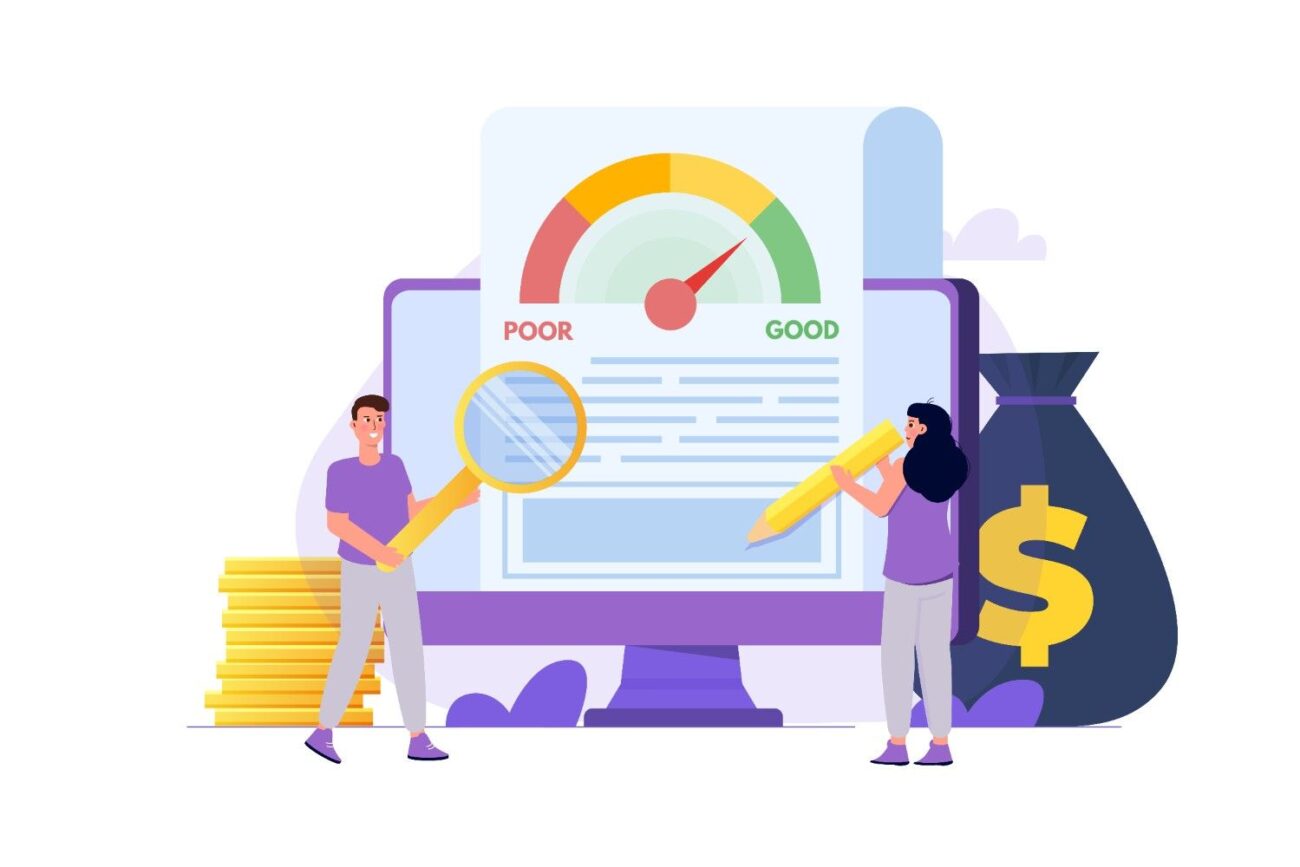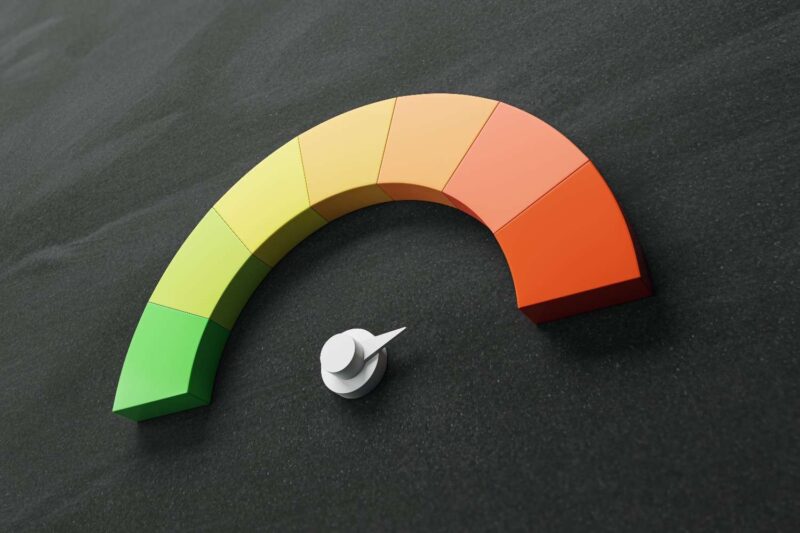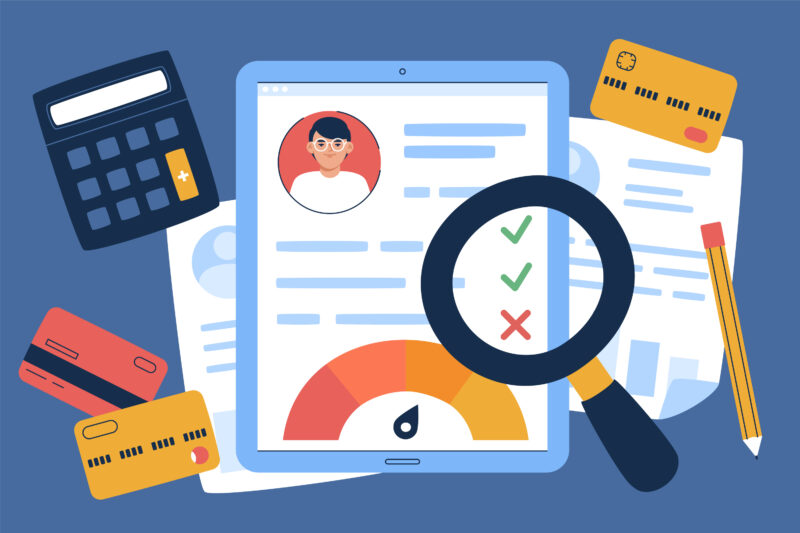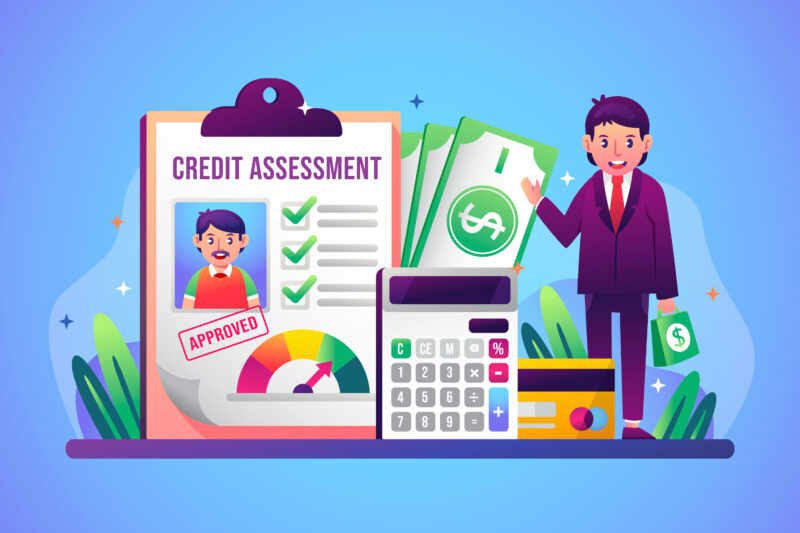Changes in the economy can be damaging to your credit health as well as your finances. Unexpected emergencies, rising prices, unstable employment, and growing living expenses can all make it easy to put off payments, take on excessive debt, or depend too much on credit. However, poor money management during difficult times may damage your credit, making it more difficult to get credit cards, loans, or other forms of financial assistance when you most need them.
We’ll go over how to maintain your financial health of credit during crises in the economy, why it matters, and practical ways to keep your financial situation strong even during uncertain times in this guide.
Why Protecting Your Credit Health Matters
Your ability to borrow money and your level of financial responsibility are reflected in your credit score. Better chances for getting credit, easier loan approvals, and reduced interest rates are all provided by strong credit health. Poor credit health can make borrowing expensive or impossible during crises in the economy, adding stress to an already difficult situation.
Common Pitfalls During Economic Challenges
Risky financial practices are often brought about by economic crises,
- Not making credit card or EMI payments on time. Your credit health of credit health can be damaged by even one late payment.
- Excessive use of credit cards. Lenders view high credit utilisation as a sign of financial stress.
- Multiple loan applications. Hard enquiries are caused by repeated applications.
- Ignoring statements. Credit health can be affected by past-due accounts or missed mistakes.
Strategies to Protect Your Credit Health
Early detection can protect your health of credit even during difficult times,
- Give priority to payments. Pay the minimum amount due on all credit cards and loans.
- Cut down on unnecessary spending. To free up money for EMIs, concentrate on essentials.
- Talk to lenders. A lot of banks and NBFCs provide relief in the form of repayment or EMI delays.
- Keep Your Credit Card Usage Under 30% of your limit to maintain healthy credit utilisation.
- Regularly check your credit reports for errors or unusual activity.
Emergency Financial Planning for Credit Protection
It is very important to have an emergency fund. In the case of a job loss or unexpected costs, even a small fund can help pay the necessary expenses,
- Set aside three to six months’ worth of living expenses.
- Put utilities, rent, and EMIs first.
- Stay clear of high-interest loans when absolutely required.
Managing Debt During Economic Slowdown
The secret to maintaining your credit in decent condition is debt management.
- Reduce debt through combining several loans into a single, affordable EMI.
- Ask for a longer term or reduced interest rates when discussing repayment terms.
- Paying off high-interest debt first lowers interest rates overall and improves credit.
Rebuilding Credit Health After Financial Stress
With consistent work, you may regain your credit health if it declines,
- Pay on time.
- Reduce outstanding debts slowly.
- Stay clear of unnecessary new credit applications.
- Make wise use of small personal loans or secured credit cards.
Key Takeaways
It takes preparation, self-control, and determination to protect your credit health during difficult times. By,
- Setting the necessary payments first
- Maintaining a low credit utilisation rate
- Regularly checking credit
- Speaking with lenders
- Keeping an emergency fund available
You can keep your finances flexible, avoid major losses, and remain ready for anything that comes up.
Conclusion
During hard times, smart financial practices, checking your accounts regularly, and making knowledgeable decisions can all help you keep your credit intact. Today, protecting your credit health means that tomorrow you will be able to obtain loans more easily, pay interest at a lower rate, and be financially stable.
Financial pressure might be of a short duration, but the effects on your health from credit could last for years. Thus, being one who takes the initiative, maintaining your discipline, and using credit smartly will turn you into a stronger and financially secure person, irrespective of the economic mood.





It’s easy to slip into bad financial habits during tough times, but keeping track of your credit card balances and payment deadlines can make a huge difference. Staying proactive and organized helps prevent damage when things get chaotic.